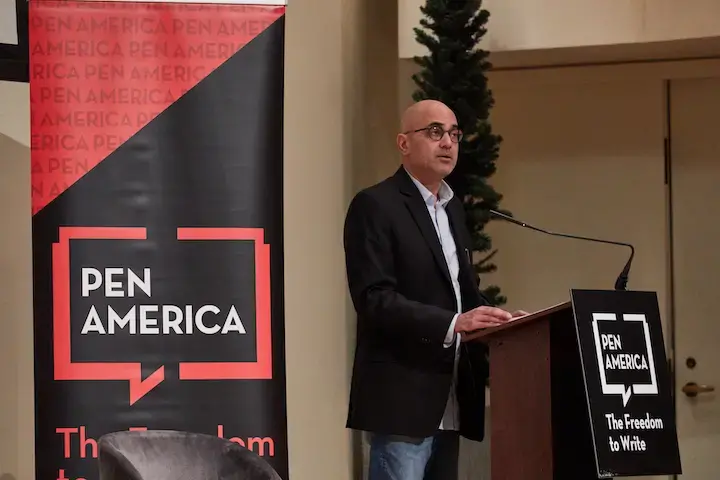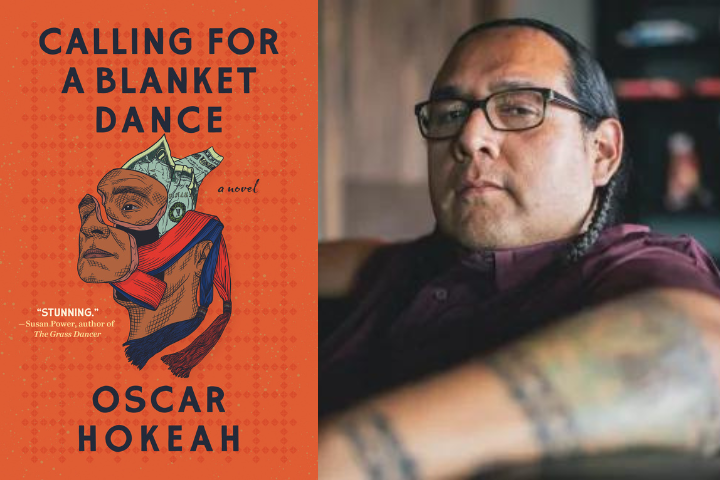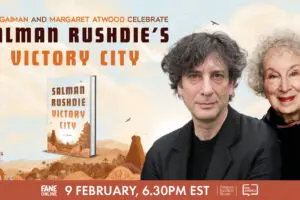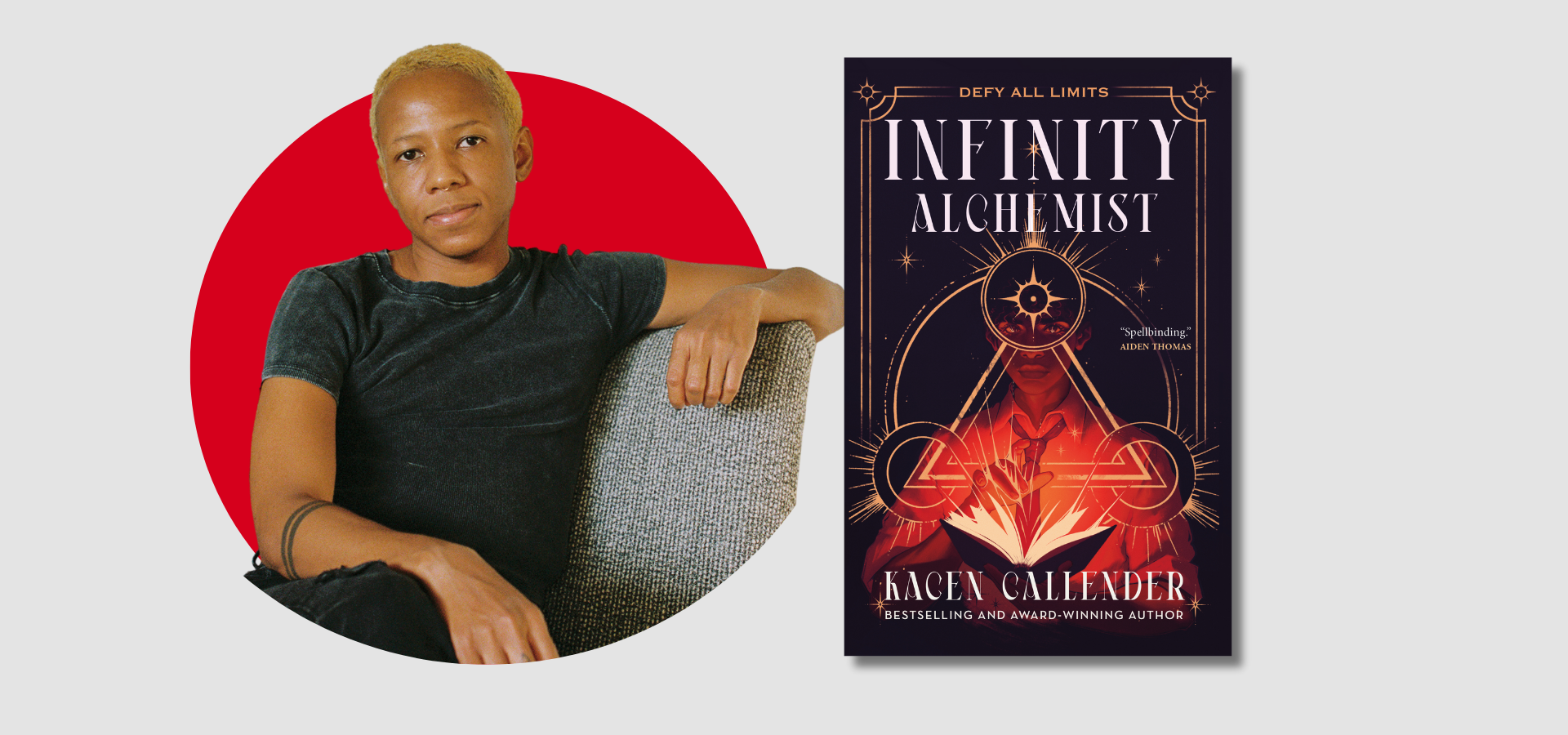
Kacen Callender | The PEN Ten Interview
February 8, 2024
Kacen Callender’s first foray into the YA genre, Infinity Alchemist is set in a world where one’s connection to the “source” allows them endless possibilities. However, self-taught alchemist Ash has learned that the resources to harness that power is afforded to a select few. With the help of fellow alchemist Ramsay, and redguard Callum, Ash embarks on a journey to seize what he has been denied–upending the norms of their society and the powers that wish to restrict them along the way.
In a conversation with Kori Davis from PEN America’s Membership team, Kacen Callender talks about the therapeutic nature of simultaneously mirroring real world issues and frustrations in YA and casting them aside to create your own magical world. (Bookshop)
1. What were your touchpoints for the world-building? What were the inspirations that you synthesized to create Infinity Alchemist (and why Alchemy in particular)?
I focused on creating a magic system that was loosely inspired by quantum physics, meshing science with magic and spirituality. I was mainly inspired by wanting to write a story where there is no chosen one; where everyone is chosen and magical, simply because we exist. I called this magic system alchemy after The Alchemist by Paulo Coelho because there are similar themes throughout both books.
2. I was most endeared by our main character Ash when he pointed out the wage gap in his world and how that precluded certain people from higher education. Can you talk about the story’s relationship with higher education? Ash never officially enrolls in the alchemy school of his dreams, why is that?
Just like in our real world, even if we are all the chosen ones—even if we are all worthy and magical—there are oppressive systems in place that prevent many of us from fulfilling our goals and desires. I think many teens today can relate to the idea that higher education was sold as necessary, deeming those who receive that college education as more worthy (of a job, or social status, for example); but it’s all turned out to not matter much when it comes to feeling fulfilled in the end. Ash has a similar journey of realizing he didn’t need the approval of anyone that rejects him, college included.
“Just like in our real world, even if we are all the chosen ones—even if we are all worthy and magical—there are oppressive systems in place that prevent many of us from fulfilling our goals and desires.“
3. Our main character, Ash, is trans and our secondary main character, Ramsay, is gender fluid and the novel sometimes intertwines their identities with the alchemy system. I wanted to know how you balanced that. Making sure the fictional (fantastical) elements are serving the reality of LGBTQ readers.
Ash faces a lot of rejection, and Ramsay is also isolated and socially attacked throughout the book because of her lineage, but I wanted to make sure that the oppression they face isn’t because of their gender identities. It was important to show the power and beauty of being transgender throughout, without having to make the characters experience what I and so many other transgender people already have to deal with on a daily basis. For me, the reality is in validating how powerful and beautiful it is to be trans.
4. The alchemy in this story is not necessarily a technical ability, but one that is defined by one’s innate energy. Love is shown to be a strong force in the story, and our main character grows as their capacity for love grows (eventually entering into a polyamorous relationship). Can you explain this connection between love and alchemy and where it originated from?
In the book, Source is an energy field of existence, where everything within that field—the characters included—are what create it, almost like cells that come together to form the body. That energy of Source is, in the end, love; that means the characters, their alchemy, and everything in existence is comprised of love, too. That love is often clouded by hurt and trauma, but love always remains at the core of all existence. The idea originated from my own beliefs.
“I wanted to offer the idea that power is naturally inside of all of us, and that we can feel empowered and worthy and loved even when rejected by others for not meeting their criteria of worth.“
5. Talk about parentage for Ash, Ramsay, and Callum. YA typically gives the main character distant but well-respected parents; they may not know their parents, but they know they were good people. Infinity Alchemist seems to go in a different direction.
There’s a line somewhere in the book that essentially says we humans are not just good or bad; that we’re all complicated and hypocritical and make harmful mistakes. This is what we see with each of the three’s parents. Ash reflects on how his father has done so much good for the world of alchemy, but was also so hurtful to Ash and his mother; Ramsay’s parents were devoted to the evolution of the science, too, to the point of having a willingness to harm others. Callum’s family would technically be labeled as good for their role as redguards in New Anglia, but we also find Callum’s father especially to be abusive. For me, it’s more realistic to see the harm that parents can cause and pass on, creating wounds that characters need to heal.
6. Throughout the story, Ash is questioned about his definition of power and what it means to him. Thinking about your audience, why did you feel the need to address the subject of power in a YA novel?
We’re in a world with many oppressive systems, and as a teen, I was often taught that power means status: attractiveness (also defined by the people in power); wealth; acceptance by as many other people as possible. I wanted to offer the idea that power is naturally inside of all of us, and that we can feel empowered and worthy and loved even when rejected by others for not meeting their criteria of worth.
7. This is your first time doing Fantasy for Young Adults. What were some of the unique challenges and opportunities that you came across writing Fantasy YA for the first time?
I’d always wanted to write a fantasy YA, so my unique challenge was overcoming my own personal blocks stopping me from really writing the book I wanted to, without fear of what others would think, or whether the story would be accepted.
8. Who are some of the other contemporary Fantasy authors and series that you are drawn to?
The books aren’t particularly recent, but I’ve always been drawn to Graceling by Kristin Cashore and Finnkin of the Rock by Melina Marchetta; they’re my favorite YA fantasy novels because of the created worlds that I can sink into and characters that feel visceral.
“People are hard at work to ensure that young people today get access to the books as they deserve, but I think there are still many adults across the nation that are needing and seeking MG and YA books about queer identity, too, to give their inner kids the stories they needed when they were young, too.“
9. You’ve mentioned that you enjoy playing RPG video games. Whether Western or Japanese, RPG games always have a strong sense of system and party (your cast of characters), very similar to the Fantasy genre (they often share settings). Can you talk about how RPG games have influenced your work and what some of your favorite RPGs are?
I’ve been playing and loving Baldur’s Gate 3, but I can’t honestly say the games I play have influenced my work as much, except that I know I’m really enjoying my stories when the books I’m writing start to feel like I’m playing an RPG game, too.
10. PEN America’s research has found that a majority of the books that are targeted for bans in the US are YA books that discuss sexuality. However, there is an outspoken voice that clamors for more stories by LTBGQ authors with LTBGQ characters. What advice would you give to writers who want to create literature representative of their identities, but may have trepidation creating during this censurious time?
There isn’t much I can say that hasn’t already been said. Work needs to be done to stop the censorship for young people today, but I also think about the books and stories that I didn’t have access to as a child and teen, that I eventually found as an adult. I still needed those stories, as a 20-something-year-old, because the inner kid in me never got to see themself. People are hard at work to ensure that young people today get access to the books as they deserve, but I think there are still many adults across the nation that are needing and seeking MG and YA books about queer identity, too, to give their inner kids the stories they needed when they were young, too. And, when education and empathy wins over book bans and censorship, young people will need your books to be ready, waiting for them on the shelves.
KACEN CALLENDER is the bestselling and award-winning author of multiple novels for children, teens, and adults, including the Stonewall Honor Book Felix Ever After and the National Book Award for Young People’s Literature winner King and the Dragonflies. Their adult fantasy, Queen of the Conquered, was a World Fantasy Award 2020 winner for Best Novel, named one of the 100 Best Fantasy Novels of All Time by Time Magazine and one of the 50 Best Fantasy Novels of All Time by Esquire.
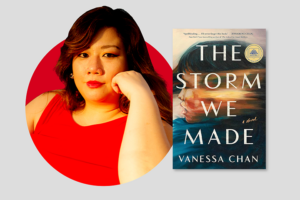
Vanessa Chan | The PEN Ten Interview
I don’t believe you can go through a publishing journey alone, especially as a writer of color.
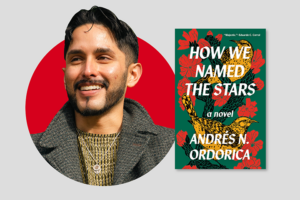
Andrés N. Ordorica | The PEN Ten Interview
Guarding generational stories and wisdom is important especially when so many stories are now being policed.
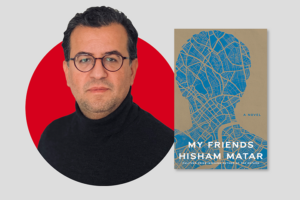
Hisham Matar | The PEN Ten Interview
I am fascinated by how time is both linear and circular, by how any given moment often contains within it remnants of the past and our aspirations for the future.
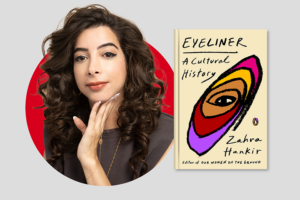
Zahra Hankir | The PEN Ten Interview
Eyeliner’s power as such lies in its precision and the profound impact it can have on how one is perceived by the world.

